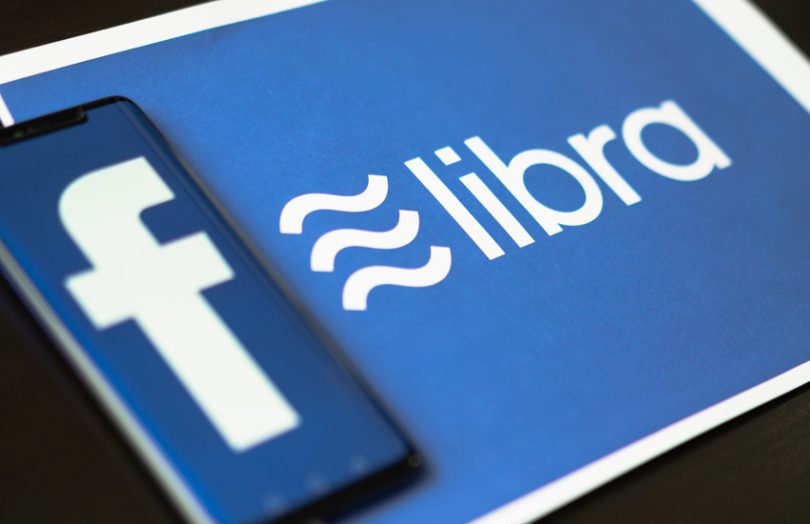James Emmett has been announced as the Managing Director designate of the operating company for Facebook’s Libra, Libra Networks. The Brit has spent his entire 26 year career at HSBC, and currently holds the position of Group General Manager. At the end of February, he stepped down from his position as CEO of HSBC Bank plc, the HSBC UK subsidiary as well as Europe. He retires from HSBC effective at the end of this month.
It’s not the first HSBC hire for Libra. Libra Association CEO Stuart Levey also hails from HSBC where he was Chief Legal Officer. As a former US regulator he was hired by HSBC to sort out compliance issues after the bank was fined $1.9 billion for laundering money for the Mexican drug cartel. As previously described, HSBC’s KYC procedures have caused major headaches for UK small businesses because of problems with HSBC’s rollout of compliance checks.
Last month Libra appointed a former General Counsel at the U.S. Department of Homeland Security Steve Bunnell, as Chief Legal Officer. It follows the rapid departure of Libra General Counsel Robert Werner after three months. Werner told Bloomberg Law that the “role wasn’t right for me.” One of the reasons he gave was the need to give up a board seat at Deutsche Bank Trust Co.
Meanwhile, central banks and regulators continue to raise concerns over Libra’s scale. European Commission Executive Vice-President of Economy, Valdis Dombrovskis, is generally very pro-innovation. But his tone was recently more cautionary when talking about so-called global stablecoins. “Because of their potentially systemic role, our rules will be stronger,” he said.
And today, we publish a report on a leaked draft EU regulation on crypto-assets, which also includes complex stablecoins.
In the meantime, the Banque de France Governor François Villeroy de Galhau, is lobbying for a central bank digital currency (CBDC). He spelt out his reasons as the threat from social networks and other countries issuing CBDCs.






